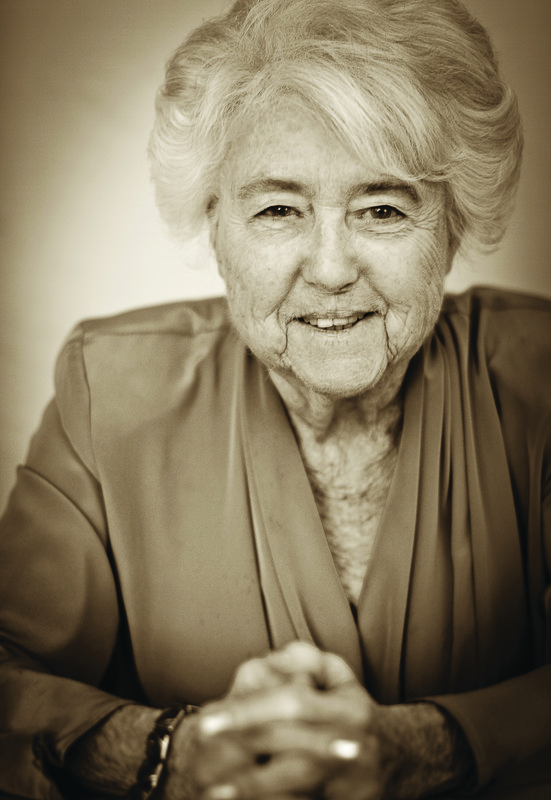Survey after survey reports that fewer adults and even fewer young people are aware of the Holocaust, or at least of its scale. In fact, denying the Holocaust or its enormity continues to gain followers and receive prominent placement on the national stage. With books about and references to the Holocaust being removed from the nation’s institutions, it is more important than ever to remember the Shoah and make certain it is taught in public and private schools, at universities, to members of the armed services, and to law enforcement.
Tidewater’s Yom Hashoah commemoration takes place this year on Wednesday, April 23 at Ohef Sholom Temple. “This annual observance, organized by the Holocaust Commission of the United Jewish Federation of Tidewater, serves as an opportunity to honor those who did and did not survive the Holocaust 80 years after the end of World War II,” says Elka Mednick, director of the Commission.
During the evening, awards will be presented to teachers who have “gone above and beyond” to impart the lessons of the Holocaust. “These educators serve as stewards for survivor experiences so their students may learn about the magnitude of the Holocaust, and the importance of learning from history,” says Mednick.
In The New York Times Magazine on April 6, Taffy Brodesser-Akner writes about the intense Holocaust education she received as a child growing up in Brooklyn in an Orthodox-centered community where it was commonplace for classmates to have survivors as parents and grandparents. Reading her piece, I thought of my daughters’ Holocaust education in Norfolk. They had some Holocaust instruction at Ohef Sholom Temple’s Religious School, read Night and Number the Stars at school, interacted with members of the Commission’s Speaker’s Bureau and through their school, participated in the Commission’s annual contests. But what if they hadn’t had the benefit of learning where Tidewater’s Holocaust Commission was so active with survivors to speak to their classes?
Just a few days prior to this issue going to press, Dana Cohen, the last of Tidewater’s survivors featured in the Holocaust Commission’s What We Carry film series, passed away. Active in the Commission’s Speaker’s Bureau, her passing leaves another vast, empty space impossible to fill. But the Commission, along with area educators, will work to carry on her message. In addition to Dana, Alfred Dreyfus and Colonel Edward Shames, also featured in What We Carry, have died since last year’s Yom HaShoah’s commemoration.
With the alarming rise of both Holocaust denial and antisemitism and with fewer survivors to share stories, this might be the time to support the Holocaust Commission in its efforts and attend Yom Hashoah.
Forgetting isn’t an option

